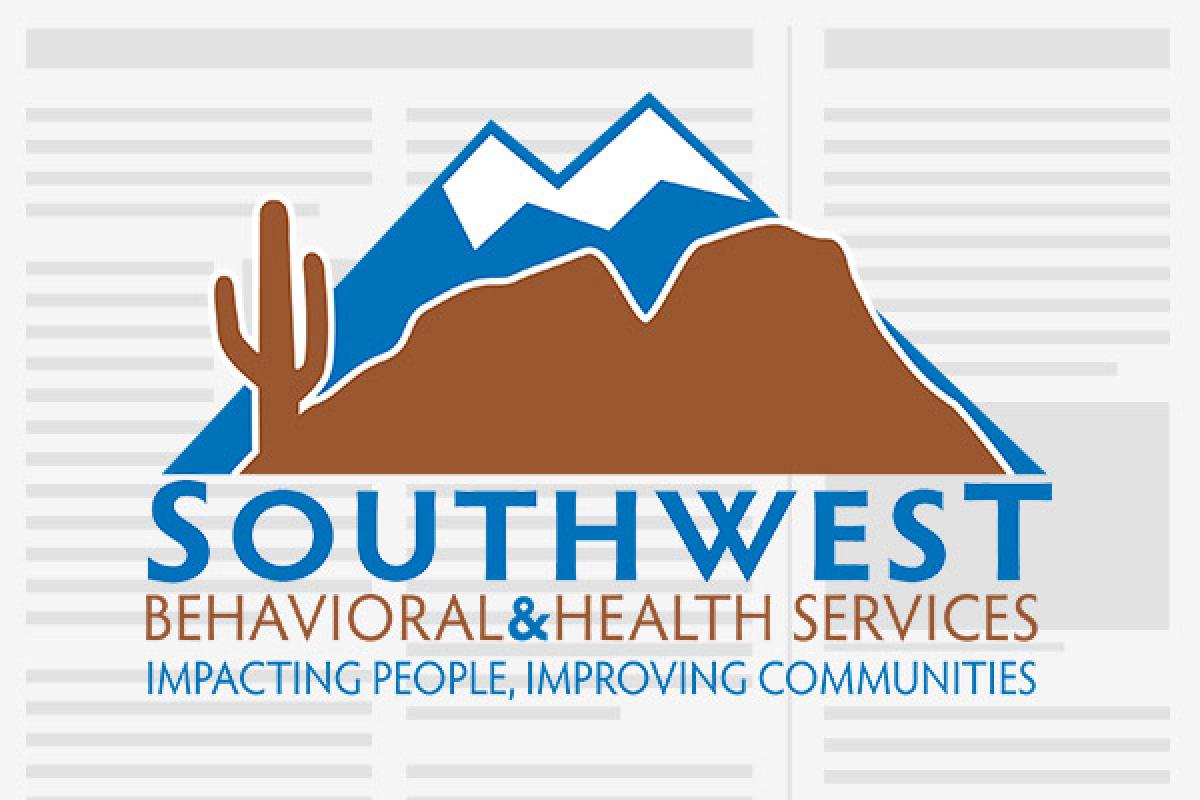
Has your teen recently landed a summer job? Many parents are proud of such a milestone in their kids’ lives, and rightly so. However, as are most things in life, it isn’t necessarily that simple; there are nuances to consider.
A common psychological goal we all have, that’s especially pronounced in teens, is the need for challenge. Developmentally, they are testing their abilities, autonomy and independence as their personal identity evolves. Summer jobs and part-time employment can provide them with a healthy sense of challenge. When young people fulfill this need through productive outlets, they will be less likely to seek challenge through dangerous stunts or risky behavior such as experimentation with drugs and alcohol.
There are, however, risks that sometimes accompany this new experience of employment. Some studies have shown an increased probability of drug and alcohol use among employed youth. Although it is not clear exactly why this is the case, there are possible explanations. Older coworkers may provide access to alcohol, tobacco and other drugs. There is also the availability of earnings to buy such substances. Positive family influence may diminish around this time, as well, since kids with jobs tend to spend less time at home.
This does not mean that parents should deprive their kids from the benefits of working. Some things parents can do to better manage and reduce risk to their working teens include:
· Having problem prevention talks before your child begins their employment
· Set clear expectations regarding a no-use family policy
· Rehearse with your teen ways they can say no if offered drugs, tobacco or alcohol
· Maintain open communication
· Monitor and limit the number of hours worked; studies suggest that 20 hours per week should be the maximum
· Track their academic performance
By using these reasonable prevention strategies, parents can guide their children without shielding them from healthy experiences that will help them mature. Enjoy the process as your child grows into a successful, well-prepared, independent person.
Sources:
"DrugFacts: High School and Youth Trends." Drug Facts. National Institute on Drug Abuse, 1 Dec. 2014. Web. 28 May 2015.
Huser, Mary, and Steven Small. Whose Kids? Our Kids! Teens and Employment. Digital image. University of Wisconsin Extension Learning Store. Web.
Zuckerman, Diana. "Teen Jobs and Drug Use." National Center For Health Research. Web. 28 May 2015.













